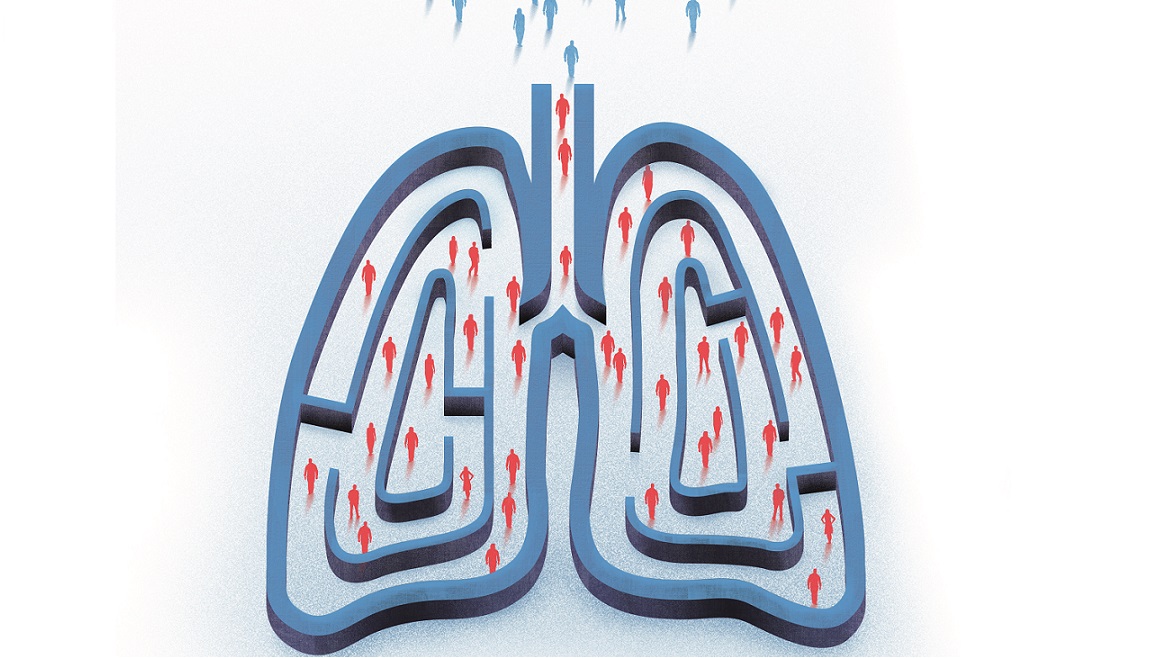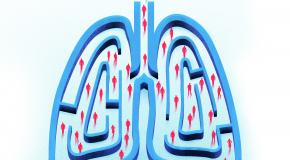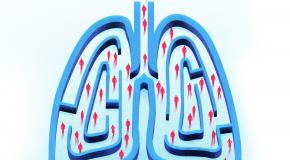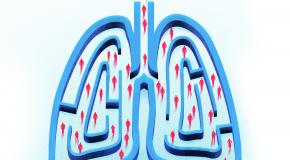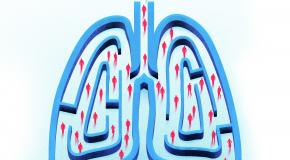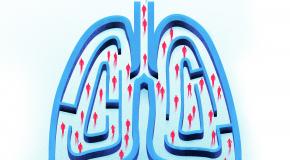Although TB was responsible for around 1.5m deaths in 2014, down from nearly 1.8m in 1990, it is now the leading infectious disease killer worldwide, surpassing HIV/AIDS.[1] According to Mario Raviglione, director of the Global TB Programme at the World Health Organisation (WHO), incidence of the disease has been falling by around 1.5% annually for around a decade, but meeting the WHO’s goal of reducing TB by 90% by 2030 would require a reduction in incidence of 10% per year over the next decade—a goal that looks increasingly precarious, especially with an estimated 3m cases going unreported.
In its 2014 report Ancient enemy, modern imperative: A time for greater action against tuberculosis The Economist Intelligence Unit (EIU) identified a number of factors that were undermining efforts to tackle the disease, including a slow, insufficiently ambitious and frequently ineffective response; the increasing public-health crisis of multidrug-resistant tuberculosis (MDR TB), highlighting the failings of existing efforts; a high level of stigma faced by patients; and overly provider-centred efforts.[2]
Although there is an increasing awareness of the particular burden posed by MDR TB, it is nevertheless expected to account for around one-quarter of the 10m annual deaths likely to be associated with drug resistance by 2050, according to the final 2016 Review on Antimicrobial Resistance, commissioned by the UK Government in collaboration with the Wellcome Trust.[3] Improving diagnostic and treatment regimens for MDR TB remains a key challenge. In addition, the experts interviewed for this report say that closer links between TB and HIV programmes could help to identify those in need of treatment.
This update report will assess the progress made in the global response to TB since The EIU’s 2014 study. We will first consider the socioeconomic and political context of tackling TB and then look at policy and progress in the areas of prevention, diagnosis and treatment.
[1] World Health Organisation (WHO), Global Tuberculosis Report 2015. Available at: http://www.who.int/tb/Global_TB_Facts.pdf
[2] The Economist Intelligence Unit, Ancient enemy, modern imperative: A time for greater action against tuberculosis, 2014. Available at: https://www.eiuperspectives.economist.com/healthcare/ancient-enemy-modern-imperative
[3] Tackling Drug-Resistant Infections Globally: Final Report and Recommendations. The Review on Antimicrobial Resistance, chaired by Jim O’Neill, May 2016. Available at: https://amr-review.org/sites/default/files/160518_Final%20paper_with%20cover.pdf


